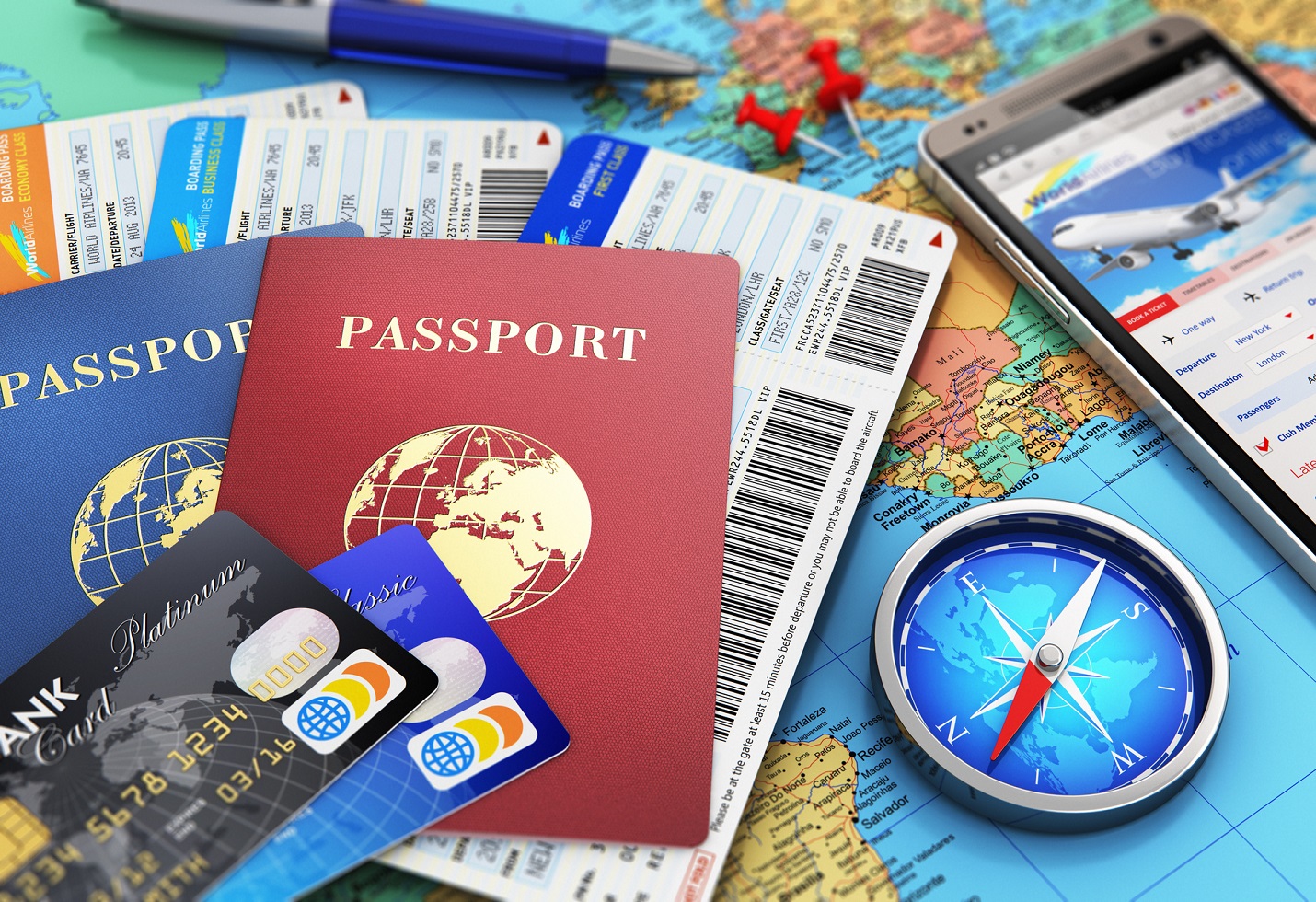A Travel Credit card is just like any other credit card out there in the market. The term ‘Travel credit card’ is just a marketing term used to describe credit cards providing benefits to frequent travellers. The benefits include quicker security checks, access to airport lounges, avoidance of baggage fees, avoidance on surge charges, etc. you can avail these benefits when using credit cards abroad. You earn miles while travelling which are also known as reward points.
During the recession period, major banks in the US such as JP Morgan, Wells Fargo, and Bank of America were underperforming due to the hit on their mortgage business. This adversely affected the performance of the banks. So, to tackle this problem, the banks shifted their focus from mortgage business to consumer lending business.
This turned out to be a game changer for these banks. Banks aggressively marketed and provided discounts on signing up for cards, cash discounts, promotional offers, cash-backs, etc. Banks did whatever they could to increase credit card spending. They later introduced points/ miles on purchases which led to the rise of travel credit cards. The industry has flourished since then. Some of the examples of travel credit cards are American Express Platinum Credit Card, SBI Air India Signature card.
What does a ‘mile’ refer to in this scenario?
The ‘miles’ refer to airline miles which are also known as frequent flyer miles or also travel points. A set amount of miles is credited depending upon how far you fly. It is also on the basis of the amounts of transactions on your credit card. Miles over here do not refer to the actual number of miles you can fly instead, it shows the no. of miles you have flown. So if you fly from Mumbai to Bangalore, which credits around 620 miles, it doesn’t mean that you can fly another 620 miles for free. The miles credited in your account are points you can use to buy, get a discount or get something for free.
How does this Business work?
Whenever a consumer swipes their card in any store, the store is charged with an ‘interchange fee’. This is usually a certain percentage of total sales. Basic cards have an interchange fee ranging from 1%-1.5% whereas the premium or the travel credit cards go up to 3% per transaction. It might not sound much but it has a great impact. Banks provide huge discounts, cash bonuses, discount bonuses, bonus miles, etc. To get you to spend more. Now, stores won’t pay for your benefits. So to make up for that interchange fee, the stores increase their prices.
This affects the customer’s pocket. Both, one having a travel credit card as well the consumers using cash for their purchase get hit by hike in prices. This interchange fee which charged by the banks is the source they use to pay for customer’s benefits. In the year 2017, banks collected around $43.4 billion worldwide as interchange fees.
The rate of interest charged by banks on these travel credit cards is staggering, going as high as 45%. That’s nearly half of your purchase amount also banks charge an additional annual fee. It is also to be noted that you will be charged 1%-2% in the name of network fees. If you plan on using your cards abroad, the banks also have foreign transaction fees. It could range from 1.5-3.5% on total purchase. It is extremely necessary to keep track of the various fees.
Benefits provided by travel credit card
If you are a frequent traveller, Travel credit cards just might be what you need. These cards provide essential benefits to frequent travellers such as cheaper fares on flights, access to airport lounges, excess luggage allowances, better upgrade on flights, special discounts and offers on multiple restaurants and hotels, etc. Most of the times, major banks and airlines collaborate are plan such discounts and benefits as both the parties are benefitted through consumer spending. For example – SBI may start a travel credit card in partnership with Indigo where SBI cards may provide points or miles to customers spending on an indigo airline ticket.
The conclusion
Travel cards can be rewarding and they also may cost you a fortune based on how you use them and what kind of a traveller you are. The cards surely provide benefits which come at a certain cost. If you are a frequent traveller having in-depth knowledge about bank charges, Travel credit cards just may be your thing. On the contrary, for occasional travellers, having limited knowledge about bank charges, staying away from travel credit cards might be a smart decision.





LEAVE A COMMENT
You must be logged in to post a comment.